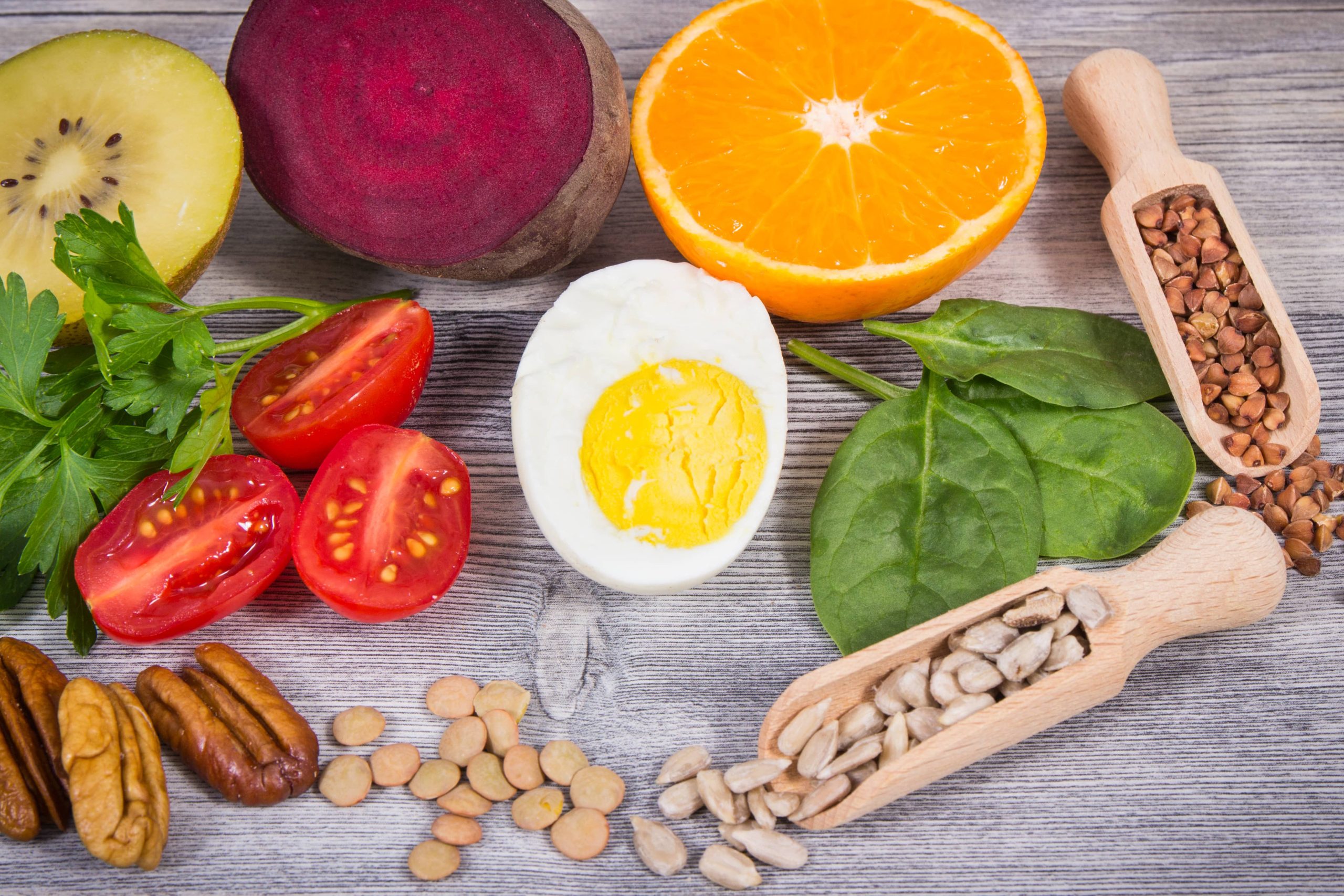
In the world of nutrition and fitness, the timing of your meals can be just as crucial as what you eat. While the quality and quantity of food are undeniably important, when you consume your meals can significantly impact your performance and recovery. This concept, often referred to as “nutrient timing,” is a strategy used by athletes and fitness enthusiasts to optimize their energy levels, enhance performance, and speed up recovery. In this blog post, we’ll delve into the science behind meal timing and provide practical tips to help you optimize your eating schedule for better performance and recovery.
Understanding Nutrient Timing
Nutrient timing is the strategic consumption of nutrients—primarily carbohydrates, proteins, and fats—around your workout schedule. The goal is to maximize the availability of these nutrients when your body needs them the most. This approach is based on the understanding that the body’s metabolic response to food varies throughout the day and in relation to physical activity.
The Anabolic Window
One of the most discussed concepts in nutrient timing is the “anabolic window,” a period post-exercise when the body is particularly receptive to nutrient intake. During this time, the muscles are primed to absorb carbohydrates and proteins, which can enhance muscle repair and growth. Consuming a balanced meal or snack within 30 minutes to two hours after a workout can help replenish glycogen stores and promote muscle protein synthesis.
Pre-Workout Nutrition
Fueling your body before a workout is crucial for optimal performance. A pre-workout meal should be rich in carbohydrates to provide energy and include a moderate amount of protein to support muscle function. Ideally, this meal should be consumed 1-3 hours before exercising to allow for digestion and absorption. For those with limited time, a small snack like a banana or a protein shake 30 minutes before a workout can also be beneficial.
Intra-Workout Nutrition
For endurance athletes or those engaging in prolonged physical activity, intra-workout nutrition can help maintain energy levels and delay fatigue. Consuming easily digestible carbohydrates, such as sports drinks or gels, during exercise can provide a quick source of energy and help maintain blood glucose levels.
Post-Workout Nutrition
Post-workout nutrition is critical for recovery. The primary goals are to replenish glycogen stores, repair muscle tissue, and rehydrate the body. A combination of carbohydrates and proteins is ideal, with a recommended ratio of 3:1 or 4:1 (carbs to protein). This can be achieved through a balanced meal or a recovery shake.
Meal Timing Throughout the Day
Beyond workout-specific nutrition, the timing of your meals throughout the day can also influence your energy levels and overall health. Here are some general guidelines to consider:
Breakfast
Starting your day with a nutritious breakfast can kickstart your metabolism and provide the energy needed for morning activities. Aim for a balanced meal that includes complex carbohydrates, proteins, and healthy fats. Oatmeal with nuts and berries or a smoothie with spinach, banana, and protein powder are excellent options.
Lunch
A well-balanced lunch can help maintain energy levels and prevent afternoon slumps. Include a variety of vegetables, lean proteins, and whole grains. A quinoa salad with grilled chicken and mixed greens is a nutritious choice.
Dinner
Dinner should be lighter and consumed at least 2-3 hours before bedtime to allow for digestion. Focus on lean proteins, vegetables, and healthy fats. Grilled fish with steamed broccoli and quinoa is a satisfying and nutritious option.
Snacks
Healthy snacks can help bridge the gap between meals and prevent overeating. Opt for nutrient-dense options like Greek yogurt with honey, a handful of nuts, or sliced vegetables with hummus.
The Role of Hydration
Hydration is a critical component of performance and recovery. Water is essential for maintaining body temperature, transporting nutrients, and removing waste products. Ensure you are adequately hydrated before, during, and after exercise. For intense or prolonged workouts, consider electrolyte-rich drinks to replenish lost minerals.
Individual Variability
It’s important to note that nutrient timing is not a one-size-fits-all approach. Individual factors such as age, gender, fitness level, and specific goals can influence the optimal timing and composition of meals. Experimenting with different strategies and paying attention to how your body responds can help you find the best approach for your needs.
Conclusion
Optimizing meal timing can be a powerful tool for enhancing performance and recovery. By strategically planning your nutrient intake around your workouts and throughout the day, you can maximize energy levels, support muscle growth, and improve overall health. Remember, while nutrient timing is important, it should complement a balanced diet and healthy lifestyle. Listen to your body, stay hydrated, and enjoy the journey to better performance and recovery.











